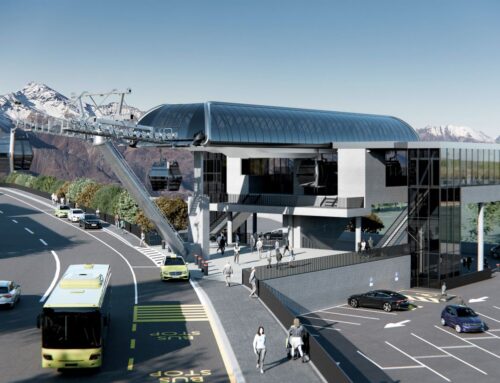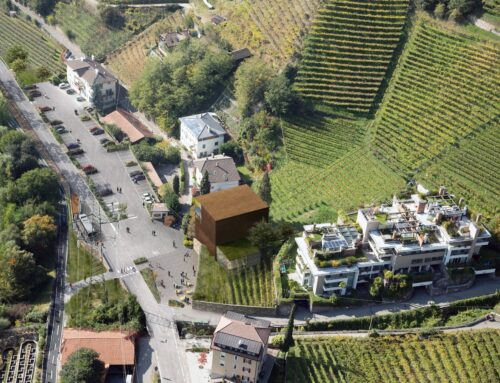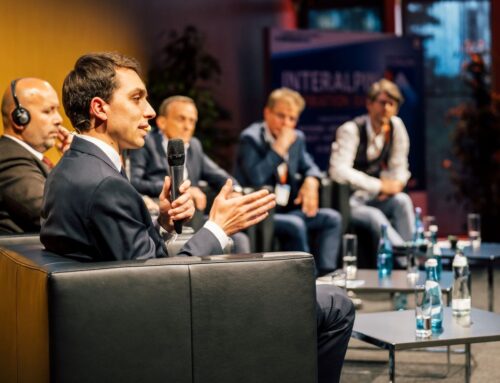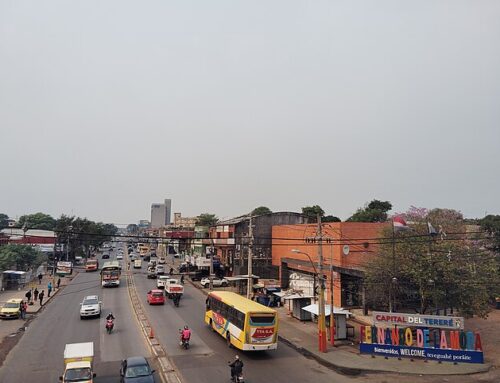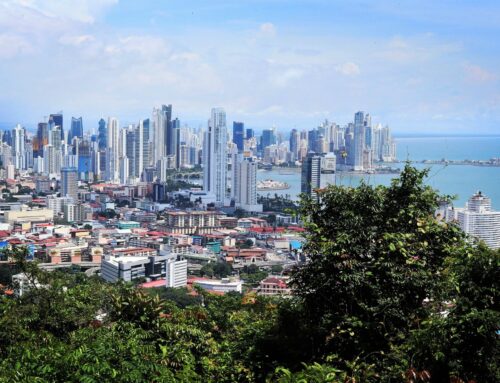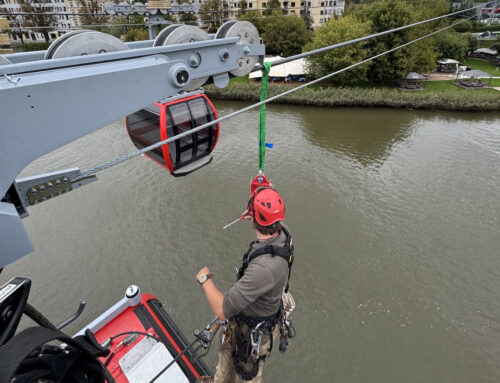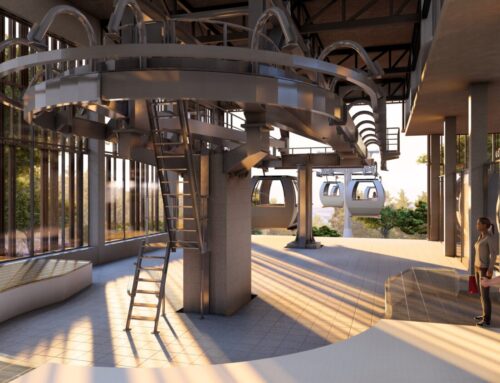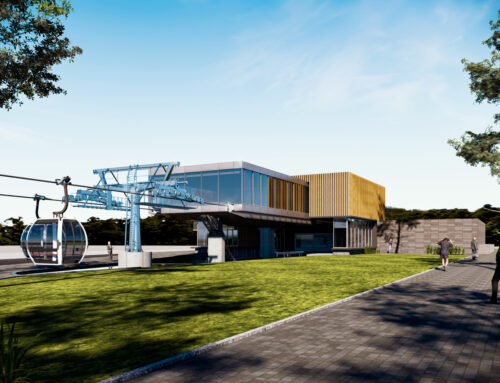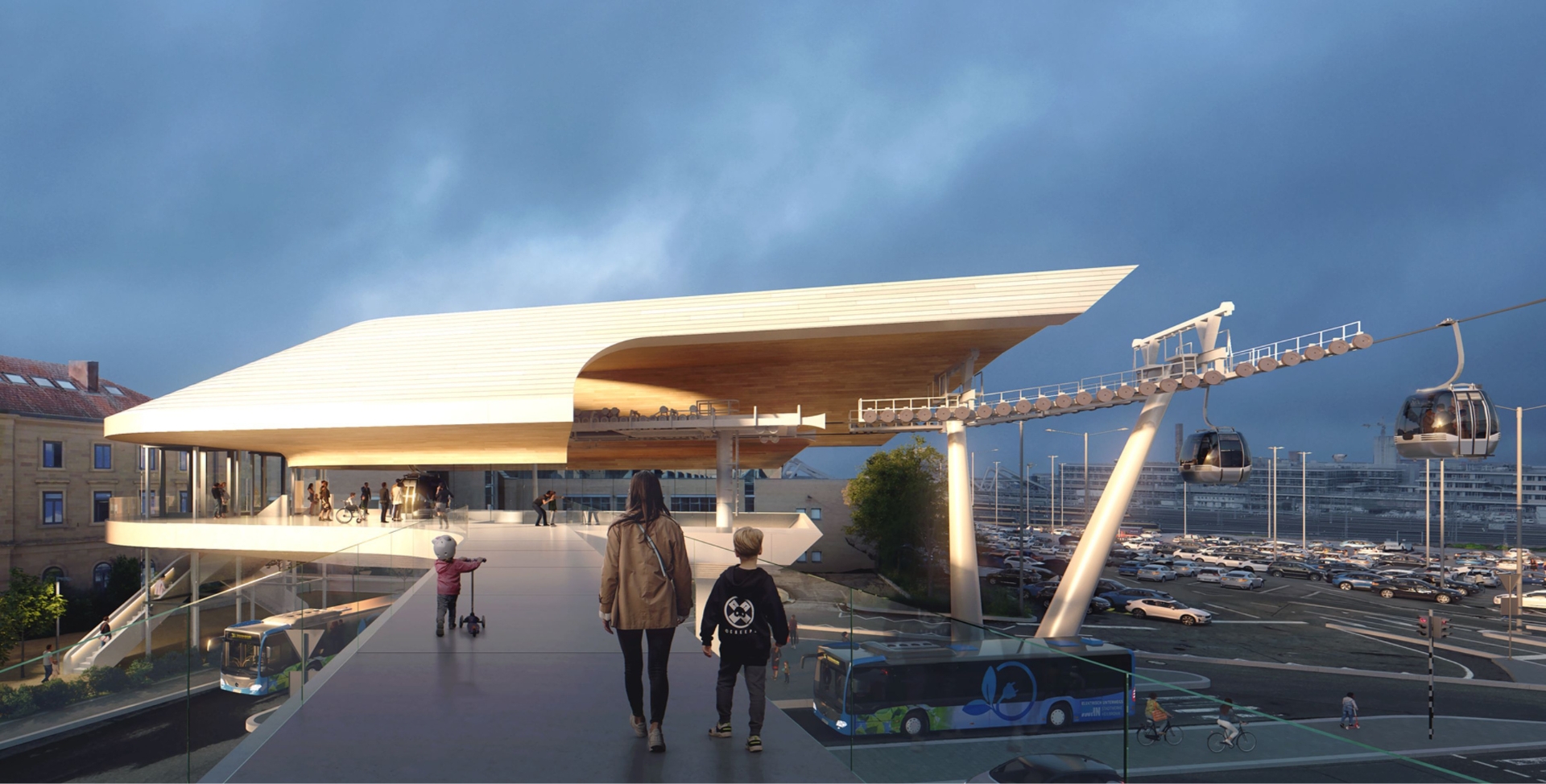
Cities
Millions for cable car in Heilbronn
The German state of Baden-Württemberg and the city of Heilbronn have taken a major step together toward establishing a cable car system in Heilbronn. They signed a declaration of intent for the construction of such a facility and announced it in a press release.
With this so-called “Letter of Intent,” the state and the city jointly affirm their determination not only to plan but to implement the project swiftly and realistically.
Winfried Hermann, Minister of Transport for Baden-Württemberg, commented:
“Urban cable cars are an innovative mode of transport and fit perfectly into modern public transit concepts. They, for example, connect city centers with outlying districts while saving space and help to overcome ground-level bottlenecks. So far, no municipality in the state has moved beyond the idea and initial feasibility studies. I’m very confident that Heilbronn can now succeed.”
He praised the city’s boldness: “The city of Heilbronn is showing decisiveness and determination. We need innovative municipalities that tackle traffic problems in unconventional ways and are willing to try new solutions. The cable car is a great fit for the new AI campus.”
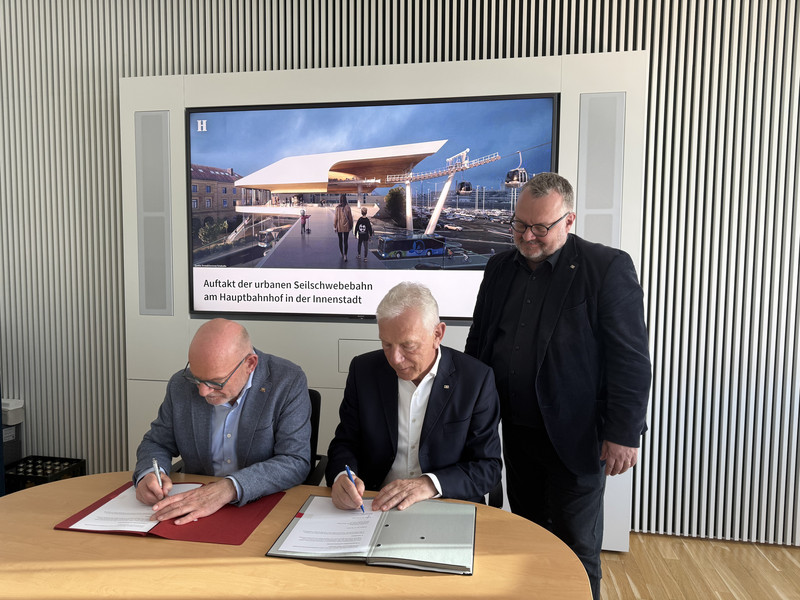
Starting signal for urban cable car:
Transport Minister Winfried Hermann, Mayor Harry Mergel, and Deputy Mayor for Urban Development Andreas Ringle (from left) have signed a declaration of intent, a so-called Letter of Intent, for a cable car in Heilbronn in Stuttgart.
Four million euros in funding
As a flagship project, the state of Baden-Württemberg will cover half of the planning costs as an initial step, providing advance financing of four million euros.
Hermann emphasized: “The state supports urban cable cars as an additional option for public transport and sees Heilbronn as one of the first cities in the country that could benefit from this mode of transport. By using the second level above road traffic, we avoid congestion and can create faster connections.”
For Mayor Harry Mergel, the urban cable car is “a great opportunity to further develop Heilbronn as a city of the future and to tackle mobility challenges with determination.”
The Ipai Campus, a new city district taking shape in the coming years north of the city center, will not only be quickly connected to key transport hubs through the modern cable car system but can also be fully integrated into the existing public transport network.
“An urban cable car also supports our sustainability strategy, which we have once again underlined with our application for the European Green Capital Award,” Mergel added.
Urban cable cars are energy-efficient, quiet, accessible, and quick to build. They require little space and are cost-effective in both construction and operation. “With this technology, the city can create a comfortable, reliable, and environmentally friendly connection between the campus and existing rail and bus networks,” Hermann concluded.
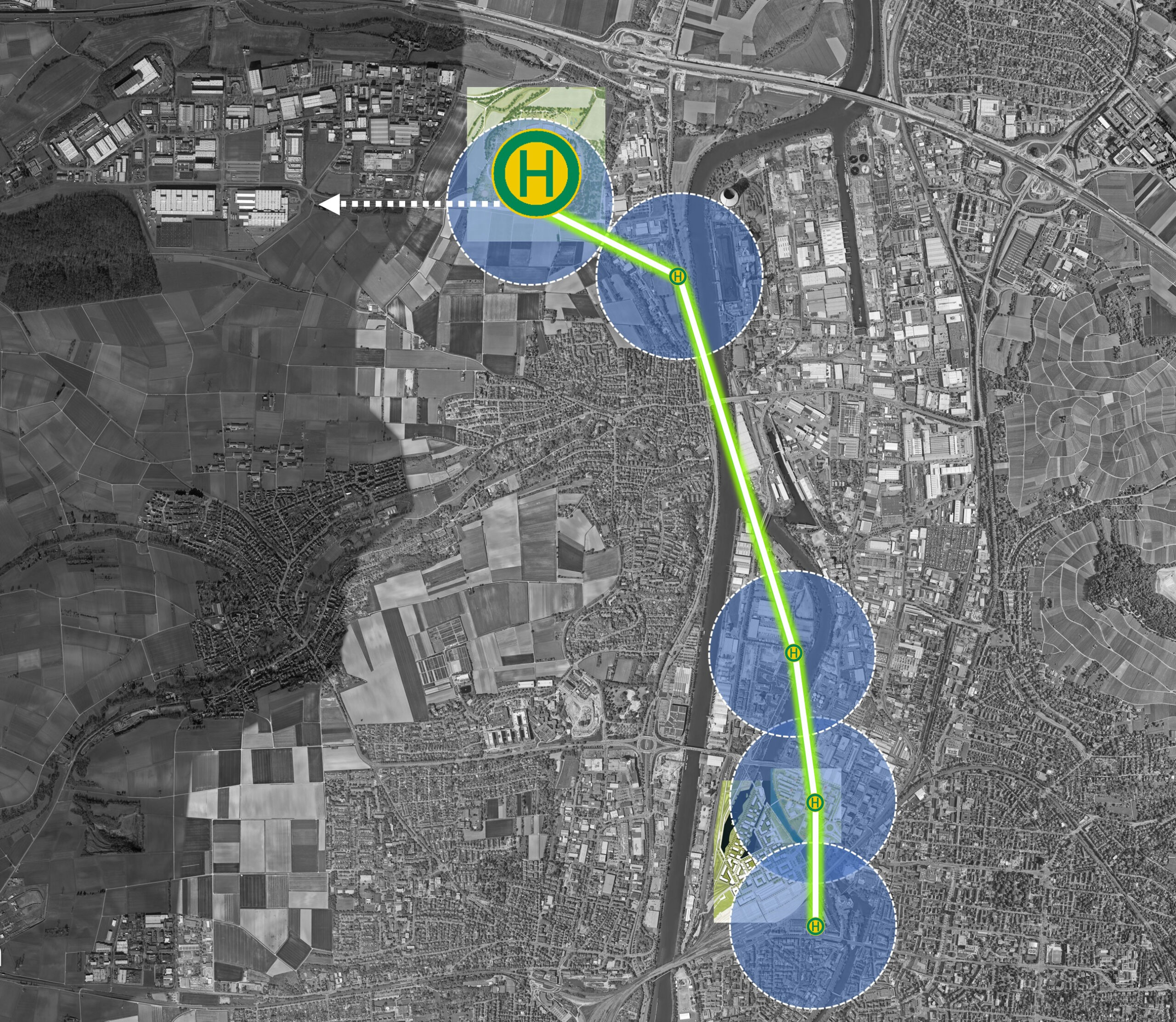
Planned Route and Stations
The preferred cable car option proposed by the city planners stretches approximately 4.7 kilometers and includes five stations:
- Experimenta parking garage
- Education Campus West
- Zukunftspark Wohlgelegen
- Park & Ride lot at the Friesland/Campina site
- Innovation Park for Artificial Intelligence (IPAI)
It is expected to take 14 minutes to reach the IPAI and the same amount of time to return to the city center. In the future, the project could potentially be extended to the Böllinger Höfe industrial park.
The cable car cabins are not planned to pass over residential areas, but only over public and commercial zones.
Land of Funiculars
Baden-Württemberg is already home to seven funicular railways in urban environments, such as in Stuttgart and Karlsruhe – more than in any other German state.
However, aerial cable cars in urban settings are currently only in operation in Koblenz and Berlin across Germany, supplemented by the temporary BUGA cable car in Mannheim. In Europe, new urban cable car systems have already been built in cities like Brest and Toulouse, with another planned for Paris.
The planned cable car in Heilbronn would place Baden-Württemberg among the regions with these modern transport systems. Since 2022, the state’s Municipal Transport Financing Act (Landesgemeindeverkehrsfinanzierungsgesetz) has supported the construction of such systems. In Heilbronn, implementation is being pursued within the framework of the federal GVFG program.
The Ministry of Transport supports interested municipalities with guidelines and practical resources. Minister Hermann and Mayor Mergel are convinced: the signing of the declaration of intent marks the beginning of a wave of innovation for public transport in Heilbronn.
Technical Details
- Number of cabins and capacity: 77 gondolas are planned, each with space for up to ten passengers.
- Transport capacity: The cable car can carry up to 1,500 people per direction per hour.
- Travel time: It is expected to take 14 minutes to reach the IPAI and the same time to return to the city center.
